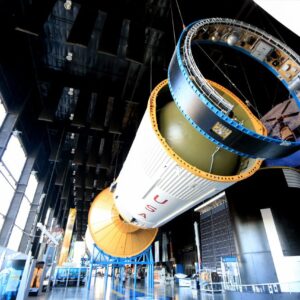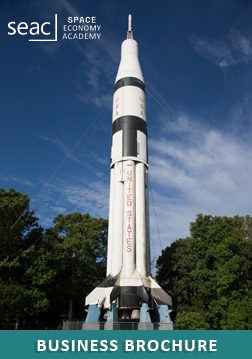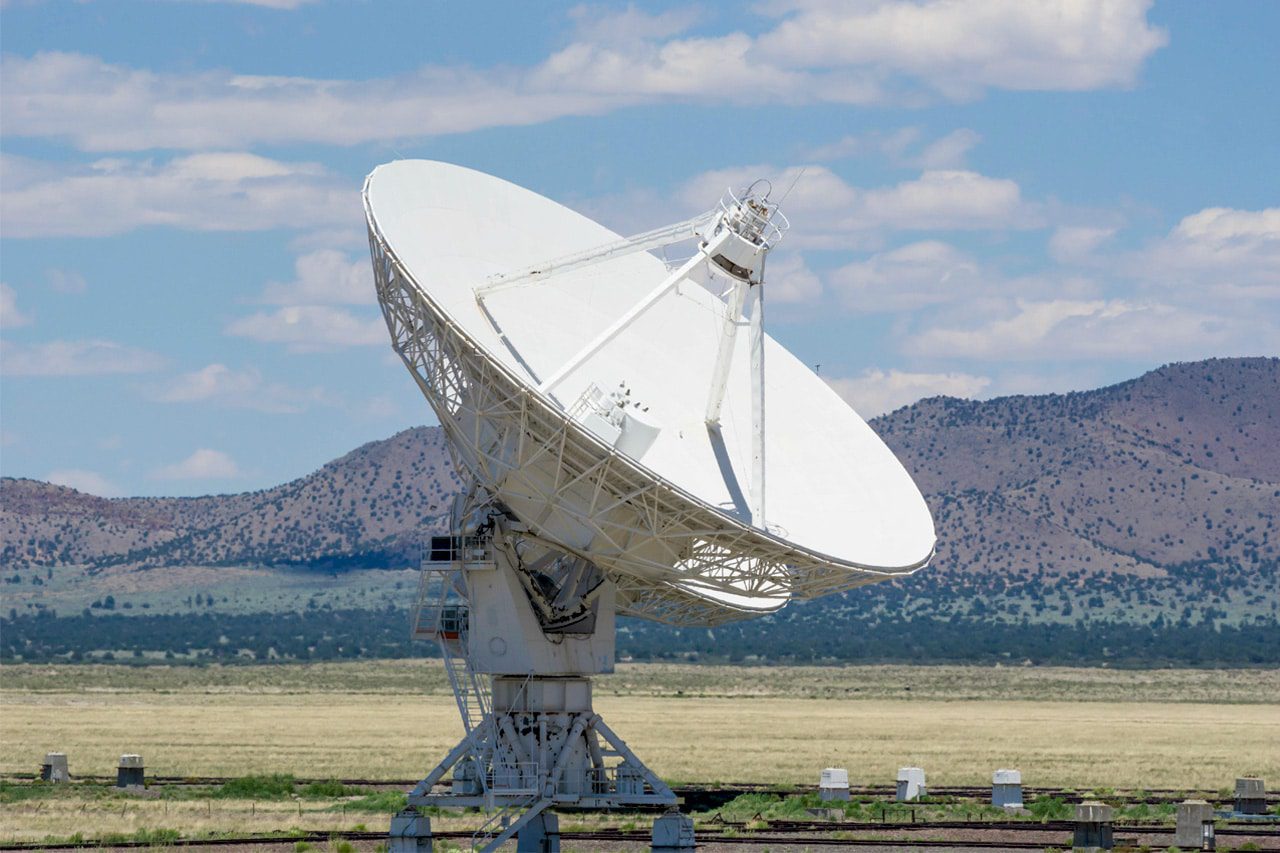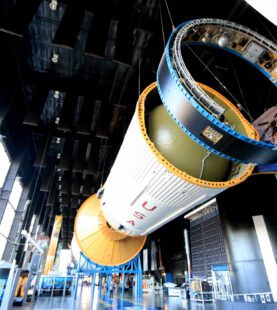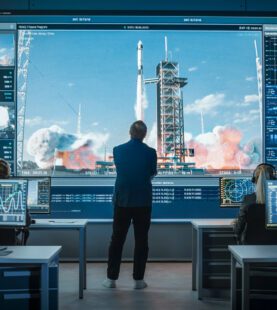Space Economy Program
- Space
- 682 (Registered)
 Download the Brochure
Download the Brochure
The Space Economy’s Next Giant Leap
Space Economy as a worldwide phenomenon , involving both individuals, Industries and Space Agencies. Morgan Stanley’s estimates that the roughly $350 billion global space industry could surge to over $1 trillion by 2040. It’s estimated that there are now more than 10,000 firms and around 5,000 investors involved in the space industry. The venture capital funding for global space-tech companies has reached $6.2 Billion.
Although the ‘Space unicorns’ have caught the eye of the media, hundreds of other new startups, operating in the Space Sector have been created in the past decade, enhancing the potential of space entrepreneurship. Space is the new economic frontier, included by the G20 as one of the 22 priorities of its agenda. A growing number of “New Space” companies, together with Space Agencies and entrepreneurs, are building a new business model.
Overview of the Space Economy Course:
SEAC professional online course Space Economy is a program exploring business and commercial opportunities in the space industry. The course draws on the new space economics trends, challenges and needs belonging to the space business. You will touch on the key elements of the Space Economy from the technical aspect, to the new space policy, to funding, business models and market exploration.
The Program is built of 6 main modules to cover the growing demand for business education in the field. The student experiences a 6-weeks program with an international curriculum and faculty at inspirational learning venues all over the world. Get exposed to real challenges explained by experienced leaders, and gain the skills to drive into the Space Economy field.
In this space economy program you will delve into key subjects such as space policies, economy strategies, and corporate finance, exploring both upstream and downstream segments. The final project involves crafting a space business plan utilizing the canvas method
The skills you will develop
→ Recognize the impact of New Space in non-space application verticals.
→ Develop business and managerial skills to lead the Space sector with our Space Economy Program.
→ Learn and develop new innovative strategies based on real-world business, explained by top lecturers.
→ Learn about New Space using a 360 degrees perspective. Combine multiple aspects from technology, to economy.
→ Proficiency in the application of New Space technologies and ventures in commercial domains.
Participant Profile
Participants of the Space Economy Program are:
Engineers who want to understand the key technology drivers for New Space products and technologies belonging to both the Upstream and Downstream segments.
Engineers who want to complement their technical skills with elements of finance, business development and space policy.
Managers interested in analysing the Space Economy trends and get an overall understanding of both technology, finance and policy.
Entrepreneurs wanting to start up or scale up their business in the Space sector and aims at exploring what future opportunities exist in the development of New Space Economy.
Investors who desire to invest in new Space products and services, need to understand the technology, product, service, and business.
Participants with an interest in the Space Economy and wanting to understand the key elements and innovation that are shaping today´s and tomorrow´s space market.
Career Center
SEAC offers career acceleration with lifetime access to premium packages, and unlocking private job notifications through our Careers platform. Foster development through lifelong learning, mentoring and networking.
→ Accelerate your career with SEAC- Careers: Unlock the private job offers , and get lifetime premium package.
→ Live Sessions with instructors: Twice a year, meet the instructor, and get career advices.
→ Lifelong Learning: Lifetime updates in the courses, and loyalty discount of up to 15% to all Alumni.
→ Mentoring Opportunities at SEAC, access mentoring and network opportunities regularly.
→ Download the Brochure
Lecturer
Chiara Cocchiara is a female Aerospace Engineer with over ten years of experience in the Space Sector, in particular in the fields of Space Economy and Space Operations. Forbes listed her as 30Under30 Leader in the category Industry. She received the IAF Young Space Leaders award in 2020, for her contribution to the IAF and the space sector. She played the roles of Crew Commander (rotation) and Crew Engineer of a Mars Analogue mission.

